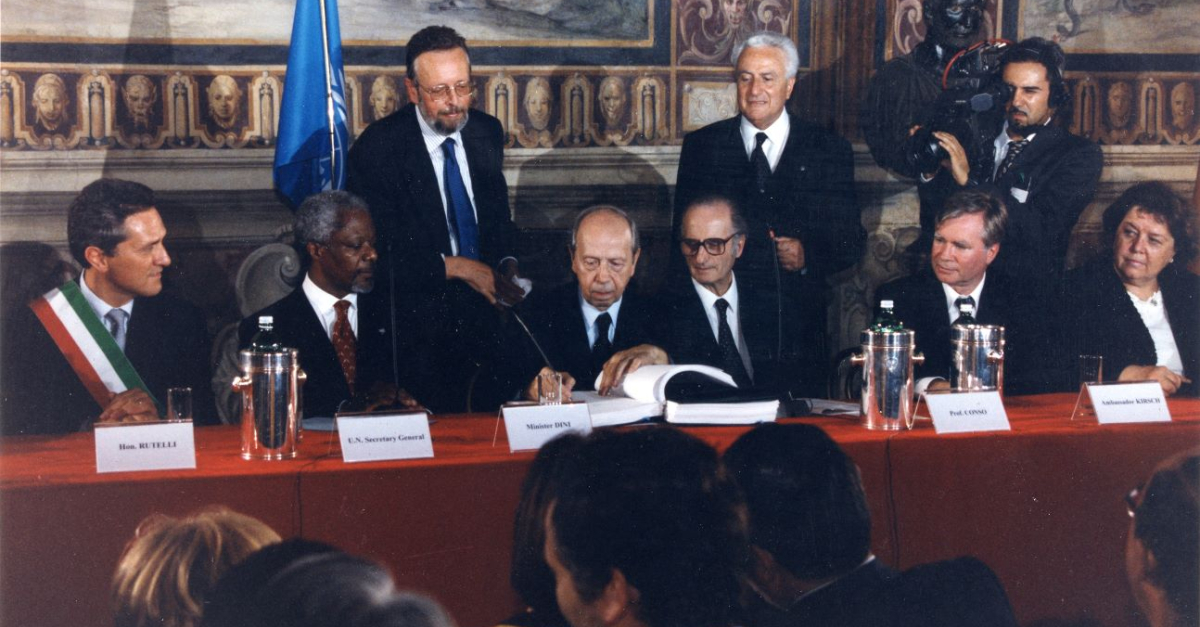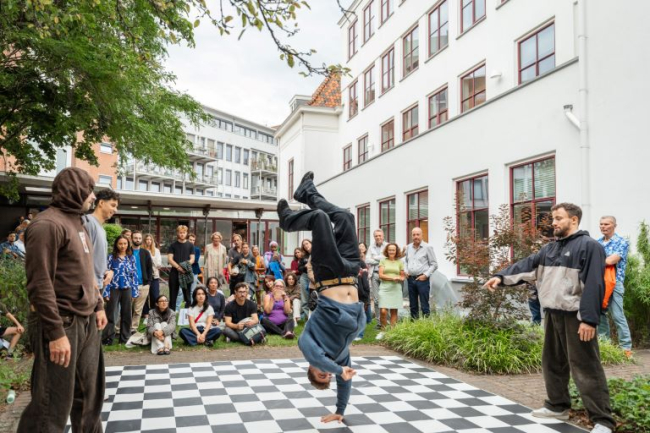Universal Declaration of Human Rights
The Universal Declaration of Human Rights stands as a testament to the resilience of the human spirit and the collective determination to build a more just and peaceful world. It let us reflect on the progress made, acknowledge the challenges ahead, and rededicate ourselves to the timeless principles that unite us in the pursuit of a world where every individual's rights are respected and protected.
The Hague is the City of Peace and Justice for over 125 years. The First Hague Peace Conference convened in The Hague in 1899 and marked a turning point in diplomacy, as nations came together to discuss mechanisms for preventing armed conflict and mitigating the impact of war on civilians. The establishment of the Permanent Court of Arbitration was an outcome of this conference.
2024 0The History of the Declaration of Human Rights
In the aftermath of World War II, the devastation wrought by the conflict underscored the urgent need for a universal commitment to prevent such atrocities from occurring again. The framers of the UDHR, representing diverse cultures and legal traditions, sought to create a common standard that transcended national borders, emphasizing the shared humanity that binds us all.
Inherent Dignity and Equality:
The UDHR asserts that all individuals are born free and equal in dignity and rights. It rejects discrimination based on race, color, sex, religion, or other factors, emphasizing the intrinsic worth of every human being.
Right to Life, Liberty, and Security:
Central to the declaration is the recognition of the fundamental rights to life, liberty, and security of person. These rights form the bedrock of individual autonomy and protection against arbitrary deprivation.
Freedom of Expression:
The UDHR champions freedom of thought, conscience, and religion, affirming the right to express opinions and beliefs without fear of censorship or persecution.
Social and Economic Rights:
Beyond civil and political rights, the UDHR recognizes the importance of social and economic rights, including the right to work, education, and a standard of living adequate for health and well-being.
The Hague, International City of Peace and Justice
The Rule of Law in The Hague
The Hague has long been the backdrop for those passionate about international peace and justice. Central to this history is The Hague’s Peace Palace, home to ...

Working together for a more just world
The International Criminal Court (ICC) and the city of The Hague commemorate the 25th anniversary of the Rome Statute.

